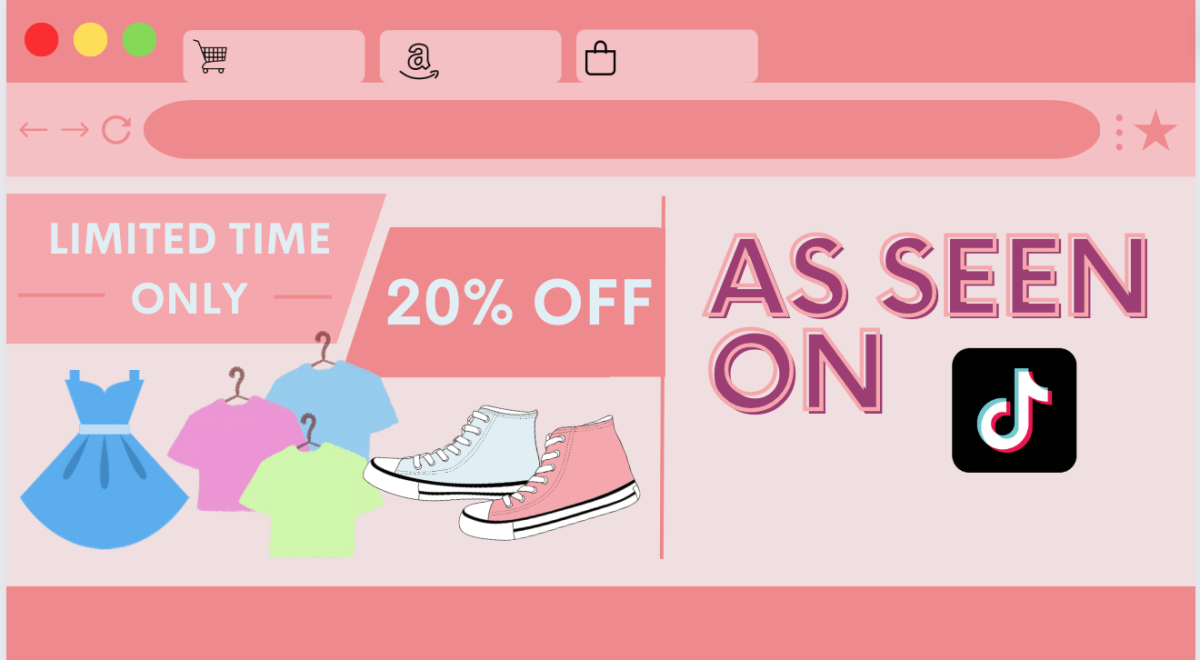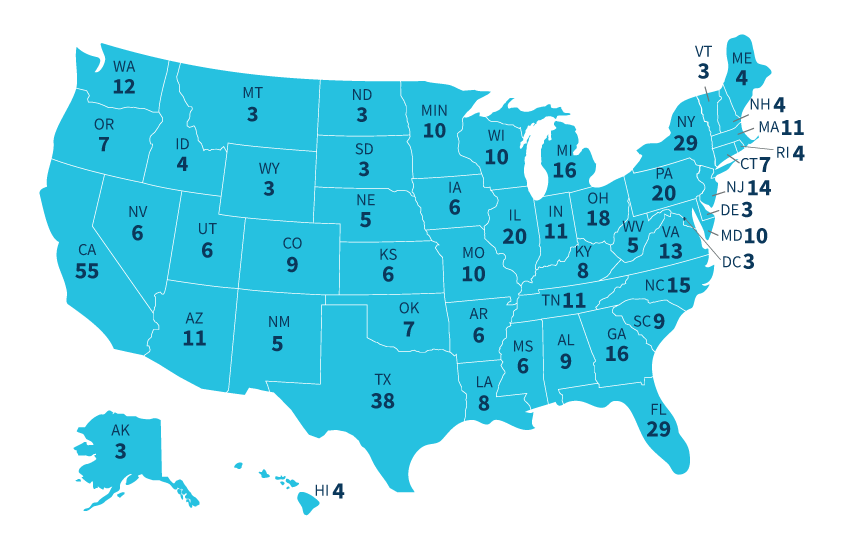Like everyone else on TikTok, you’ve likely seen the latest influx of TikTok Shop products for suspiciously low prices. But don’t be fooled: TikTok Shop is another excuse for overconsumption, luring people to buy low-quality products with low prices, and should not be mistaken for a legitimate marketplace.
In the past few years, we have seen a significant increase in the creation as well as the support of small businesses. On TikTok, many small businesses advertise their products while the algorithm does the marketing work for them and brings an audience of those interested.
However, slowly overtaking those small businesses is TikTok Shop, a feature introduced in September to allow businesses to sell their products directly from the app instead of redirecting users to their own websites.
Instead of the marketplace primarily consisting of small businesses, large companies seem to be selling extremely cheap products in an almost identical fashion to similar fast-fashion websites, such as SHEIN, whose ethics and environmental impact have been taken into question. The company has also had allegations of inhumane conditions and unethical labor practices for workers.
Many people don’t even receive their items. Since any shop can post their items on the platform, sellers can post “faulty, fake or even non-existent products,” according to NBC. Once people buy these faux products, the shop can disappear from the site.
The feature has transformed the experience of the app, changing the “For You” page. Since the launch, more ads are shown, and more creators are reviewing items from the shop because at 1,000 followers, one can earn commission for each time someone buys a product from their link.
This encourages creators to shift their general content toward reviewing these products and telling their audience it is of great quality regardless of the truth. This way, they will convince their viewers to purchase the product, and the creator will earn money.
This is especially enticing because it takes a significant amount of followers to earn any money on the app. “TikTokers with over 100,000 followers tended to make $200 to $1,000 per month through TikTok’s Creator Fund,” according to Foundr.
Some creators have begun a new trend called “de-influencing” in which they give reasons why viewers should not buy a popular product, encouraging people to save money and not participate in overconsumption.
Many of these creators also support and recommend small businesses, trying to lead people away from fast fashion while encouraging sustainability and more ethical business practices. These influencers also feel more trustworthy; they are discouraging these products and not trying to earn money off of them, so they can create a more authentic experience and provide a more trustworthy space where one can avoid overconsumption and potentially buy from a small business.
TikTok Shop promotes overconsumption and leads creators to change their platforms to try to earn more money on the app. Many people are scammed out of their money, which alters the way the platform runs and devalues the authenticity and overall experience of the app.










